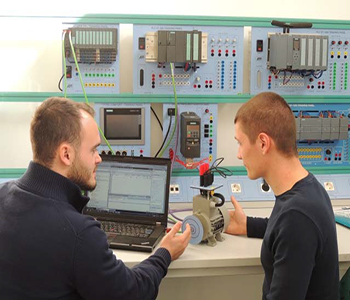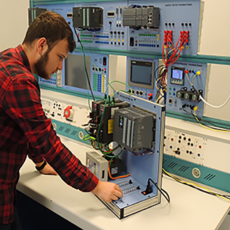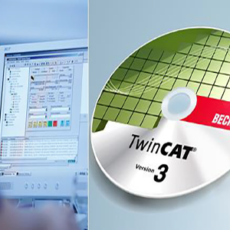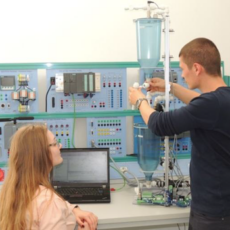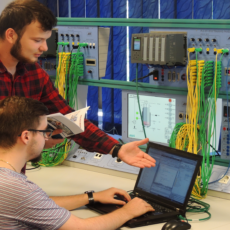Description
Currently, industrial communication networks are an indispensable component of automation systems. This course aims to present the usual communication networks, both through the presentation of theoretical knowledge and especially through practical examples. There are various practical exercises that most often involve the interconnection of devices with multiple communication abilities so that the main features and particularities of the usual industrial communication networks are highlighted.
Target group: Engineers
Content:
• Serial and parallel communications
• Network topologies
• Presentation of industrial communication networks
• Features of various industrial communications systems
• Differences between centralized and decentralized driving systems
• Communication architectures
• Practical applications for design, configuration, and implementation of systems with communication skills PROFINET, PROFIBUS, Modbus TCP/RTU, AS-Interface and IO-Link
• Commissioning, system testing and error detection
Objectives:
At the end of this seminar, the trainees will be able to:
• Design an industrial communication network
• Choose appropriate industrial communication network
• Make a distinction between common industrial communication systems
• Use different communication systems in practical applications
• Identify and eliminate errors using diagnostic tools
Duration: 4 days
Note: Enrollment and participation in this course requires basic knowledge in the field
